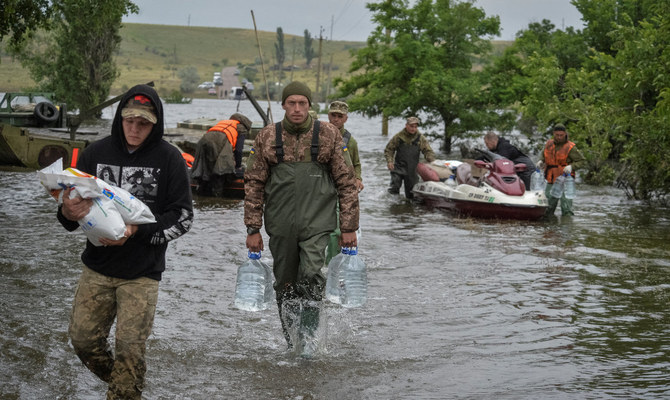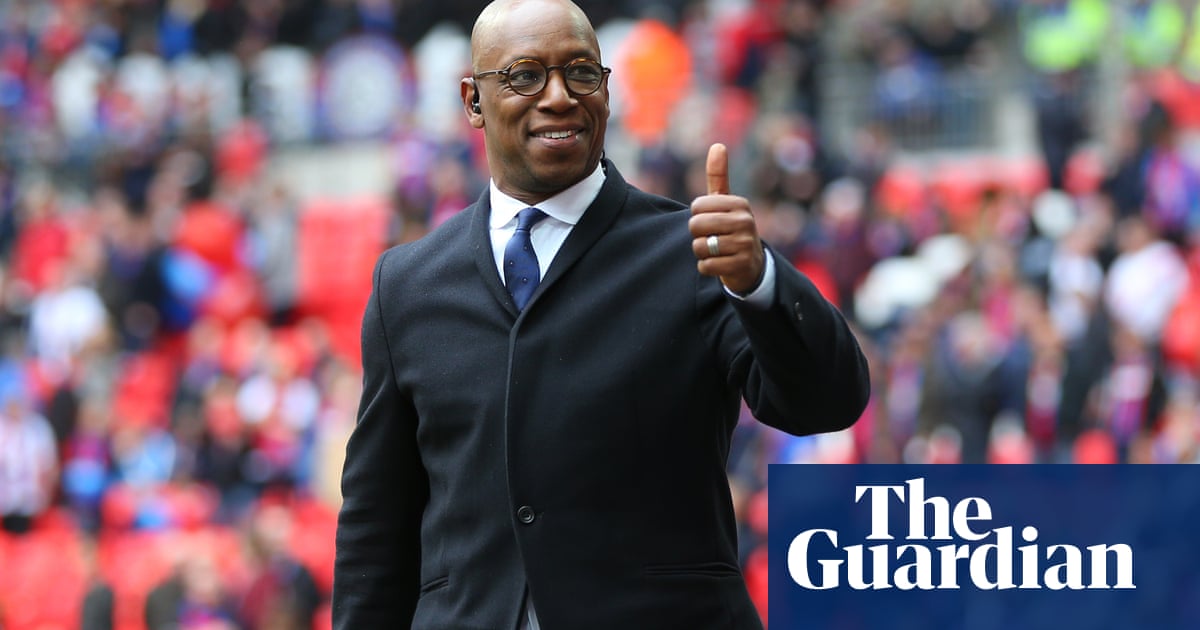
One can hardly think of anyone worthier of the Nobel Peace Prize than the two who have been awarded it this year. Nadia Murad and Dr. Denis Mukwege, in their unrelenting campaigns against sexual violence as a tool of war and their support for the survivors of these heinous crimes, have distinguished themselves in making the world a better place.
The award is a timely, if long overdue, recognition of the suffering of those who have fallen victim to sexual violence in times of war, and of those who are devoting their lives to supporting the survivors of such crimes as well as telling the stories of the victims who did not survive, and lobbying to bring to justice the perpetrators of these despicable acts.
Along with its personal recognition of the two laureates, this year’s Peace Prize has focused the world’s attention on the magnitude of the phenomenon they are confronting, of the savagery of rape and other forms of sexual violence as a tool of war. It also highlights the duty of the international community to rally together and eradicate this form of brutality, which is mainly against women. In a year when the issue of sexual violence and exploitation of women has surfaced in full force, even in the most liberal of countries, through the #MeToo movement and #IBelieveYou campaign, and has now been underlined by a focus on the darkest and most repulsive acts against women, it is imperative to increase the momentum to prevent these crimes and achieve justice for the victims and survivors.
It was ironic, perhaps regrettable, that the announcement of this year’s Peace Prize recipients came on the day the US Senate confirmed the appointment of Brett Kavanaugh as a Supreme Court justice. While the presumption of innocence stands for him, as for anybody accused of a crime — attempted rape in his case — the entire American political system, not least the laughably inadequate FBI investigation into the allegations against Kavanaugh, has debased itself in what has been a cynical exercise in promoting interests along party political lines and deflecting attention from the main issue, when what was called for was an exercise in deep reflection on the prevalence of violence against women.
If this atrocious behavior can take place in a relatively peaceful environment where the rule of law prevails, it pales in comparison to the lawless and anarchic conditions of war, when all hell breaks loose for women and young girls. No one is spared, from the oldest to the youngest. It is about power, submission and sheer hate. Horror stories from war zones such as Bosnia, the Democratic Republic of Congo, Liberia, Darfur, Guatemala, Peru, and more recently the harrowing revelations about Daesh’s sale of Yazidi women as sex slaves and their repeated rape in Iraq and Syria, and Boko Haram’s abduction of schoolgirls in Nigeria, are just a small sample of crimes so monstrous that it is hard to imagine they are still being perpetrated well into the 21st century.
Along with its personal recognition of the two laureates, this year’s Peace Prize has focused the world’s attention on the magnitude of the phenomenon they are confronting, of the savagery of rape and other forms of sexual violence as a tool of war.
Yossi Mekelberg
Where is a determined international community mobilizing its resources to prevent this? Rape as a tool of war is as old as war itself. However, in the age of instant communication, when human rights violations are transmitted as they happen, there is no excuse for inaction by states and international organizations. There is no excuse for the low priority given to the issue, for the lack of will to act, and for the sheer incompetence shown on the few occasions when action has been taken.
While most of those who rape and kill women never face justice, their victims are left traumatized and scarred for life, and entire communities terrified and broken. In the aftermath of their horrendous experiences they require a long process of mental and physical rehabilitation. But not enough is done for them and resources are always in short supply, with governments preferring to leave the work to NGOs, and to individuals such as this year’s Nobel Peace Prize laureates. Moreover, to move on with their lives, survivors need to see justice done. The horrific experience of sexual violence is made worse by knowing that the culprits, and those in high places who have ordered them carried out, remain free. The lack of justice, or even its delay, is a cause of additional suffering.
More than a decade ago the UN passed Resolution 1820, which condemned these barbaric acts, reaffirmed the responsibility of states to prevent them, and noted “that rape and other forms of sexual violence can constitute a war crime, a crime against humanity, or a constitutive act with respect to genocide.” Yet the world is a mere bystander when these crimes happen, and does the bare minimum, either to help the victims or indict the perpetrators.
Denis Mukwege, who has devoted his life to defending and rehabilitating such victims, and Nadia Murad, who survived the most horrific sexual violence and became a voice for other victims and survivors, have, in the words of the Nobel Peace Prize Committee, “helped to give greater visibility to wartime sexual violence, so that the perpetrators can be held accountable for their actions.”
The committee got its choice of laureates just right. Let us hope it marks a milestone in the struggle to persuade the international community to act against impunity for perpetrators, and equally if not more significantly, uproot this crime entirely from armies and militias.
Yossi Mekelberg is professor of international relations at Regent’s University London, where he is head of the International Relations and Social Sciences Program. He is also an associate fellow of the MENA Program at Chatham House. He is a regular contributor to the international written and electronic media. Twitter: @YMekelberg
Disclaimer: Views expressed by writers in this section are their own and do not necessarily reflect Arab News" point-of-view












